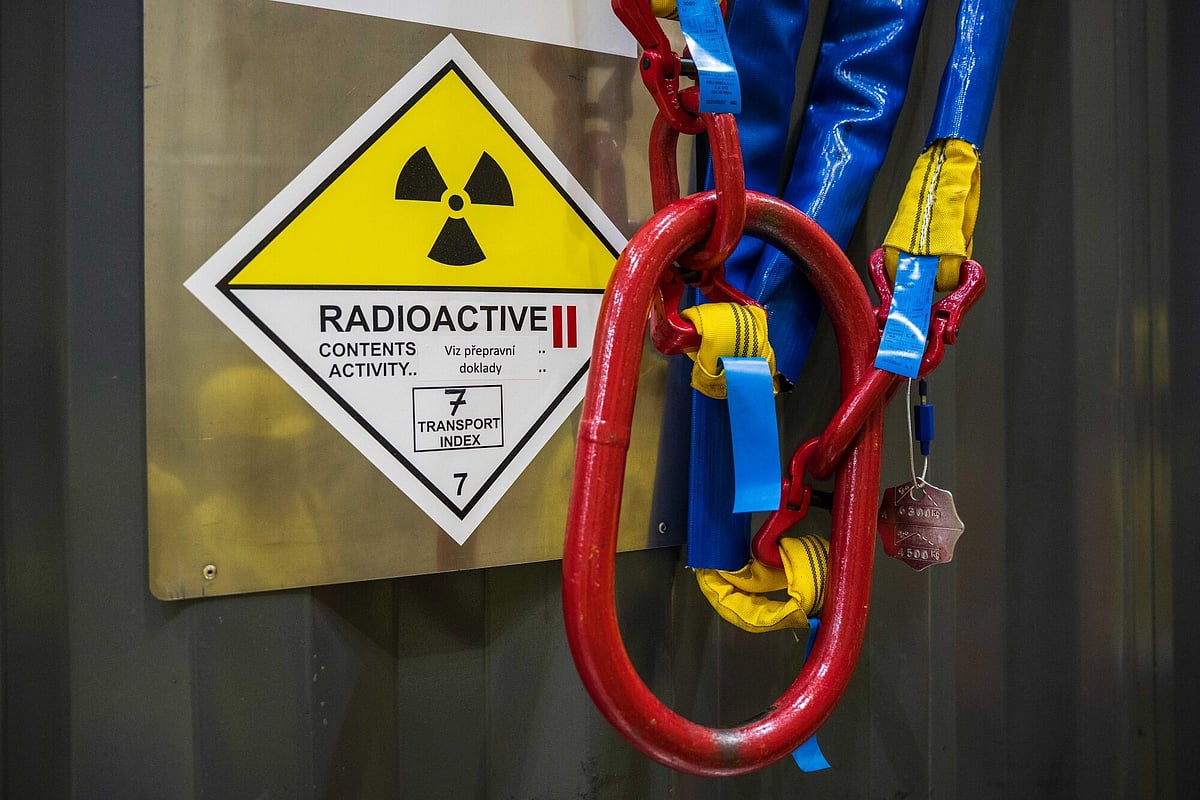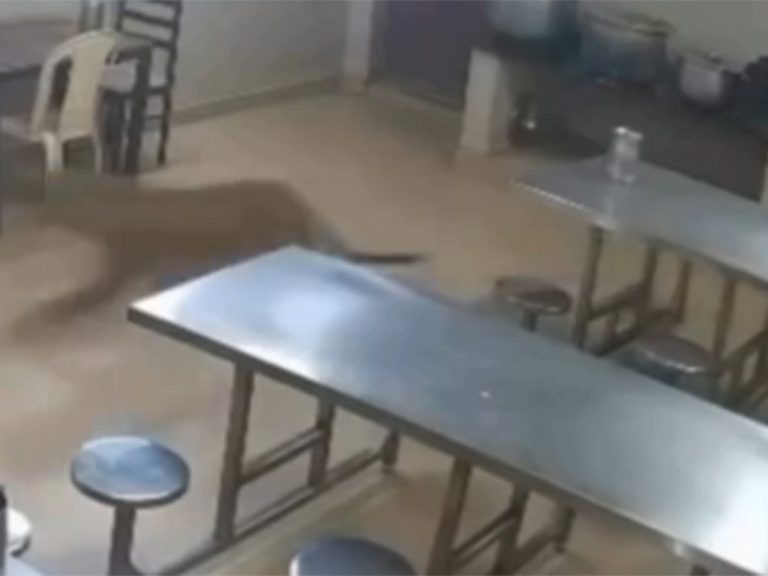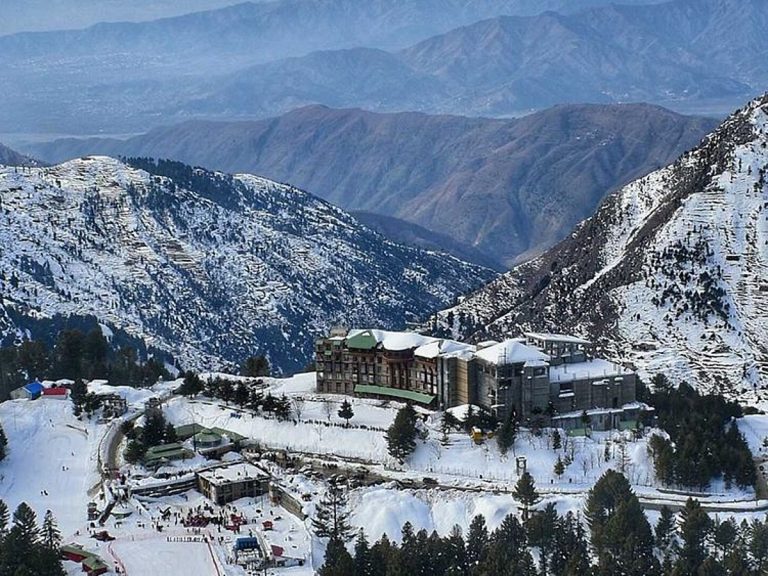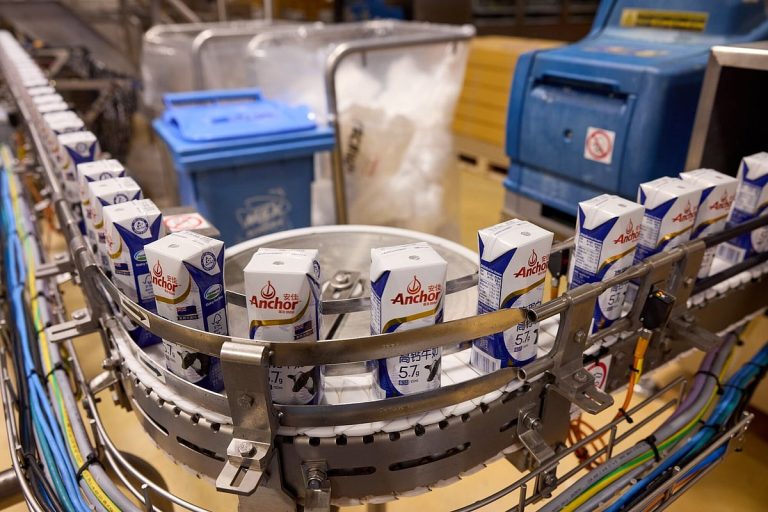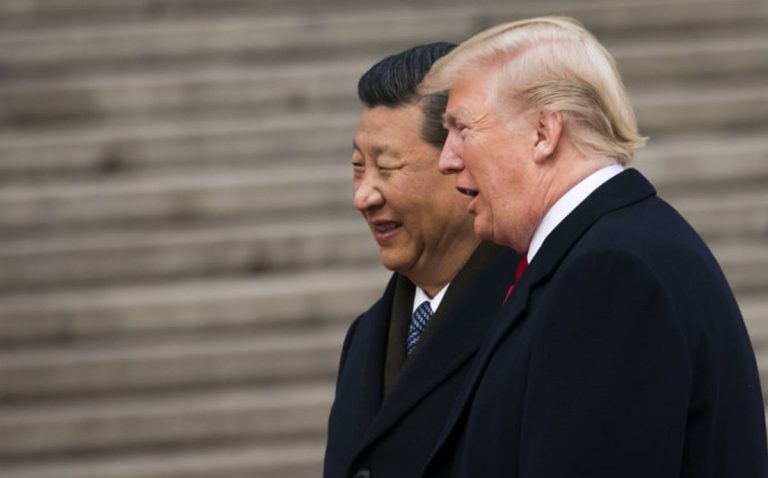Nuclear Workers Furloughed as Government Shutdown Continues
As the government shutdown continues into its fourth week, significant disruptions are occurring within key federal agencies. The National Nuclear Security Administration (NNSA), responsible for managing the U.S. nuclear arsenal, has begun placing a substantial number of its employees on unpaid leave. This decision follows yet another failed congressional attempt to resolve the ongoing impasse.
Impact on Nuclear Security Personnel
On October 20, approximately 1,400 NNSA employees received notifications of their furlough status. A spokesperson from the Department of Energy attributed this action to the ongoing government shutdown, which has now reached a historic 20 days, marking the longest full shutdown in U.S. history. While most employees will be furloughed, around 400 will continue to work to ensure the safety and security of nuclear materials.
The NNSA plays a crucial role in maintaining the United States’ nuclear stockpile, which consists of 5,177 warheads, with about 1,770 currently deployed. Key facilities affected by the furloughs include Pantex in Texas and Y-12 in Tennessee, both of which are vital for assembling and maintaining nuclear weapons.
Political Stalemate
The shutdown stems from a political standoff between Democrats and Republicans over funding issues, particularly concerning health care subsidies for millions of Americans. President Donald Trump has intensified pressure on Democrats to collaborate with Republicans to end the shutdown, warning of severe consequences for public services and potential mass layoffs if the deadlock continues.
Despite Trump’s assertions that Republicans are winning the narrative battle, Democratic leaders argue that the shutdown’s repercussions will ultimately reflect poorly on the GOP. House Minority Leader Hakeem Jeffries highlighted the potential for skyrocketing health insurance premiums, which could burden families with increases of over $2,000 per month.
Legislative Efforts and Military Pay
The Senate’s recent vote on a House resolution to reopen the government failed for the 11th time, further complicating efforts to resolve the situation. House Speaker Mike Johnson has stated that the House will remain closed until an agreement is reached, emphasizing the risks posed by a prolonged shutdown to national security.
In response to concerns about military pay, the Senate is expected to consider legislation that would ensure members of the armed forces and other federal employees receive their salaries. However, the level of bipartisan support for this initiative remains uncertain.
FAQs
What is the reason for the furlough of NNSA employees?
The furloughs are a direct result of the ongoing government shutdown, which has led to a lack of funding for many federal agencies, including the NNSA.
How many employees are affected by the furloughs?
Approximately 1,400 NNSA employees are being placed on unpaid leave, while around 400 will continue to work to maintain nuclear safety and security.
What are the implications of the government shutdown on military pay?
The shutdown has raised concerns about military pay, prompting the Senate to consider legislation to ensure that military personnel and other federal workers receive their salaries despite the ongoing impasse.
Conclusion
The current government shutdown is having significant repercussions, particularly for employees at the National Nuclear Security Administration. As political leaders continue to negotiate, the situation remains fluid, with potential impacts on national security and public services. Stakeholders are urged to monitor developments closely as efforts to resolve the shutdown progress.
The furloughs at the NNSA highlight the broader implications of the government shutdown on critical national security operations. With a significant portion of the workforce sidelined, the agency’s ability to conduct routine maintenance and oversight of the nuclear stockpile may be compromised. This situation raises concerns among defense analysts about the potential risks associated with a diminished workforce responsible for ensuring the safety and security of nuclear materials.
As the shutdown persists, various sectors are beginning to feel the strain, with federal contractors and support staff also facing uncertainty. The ripple effects of the furloughs extend beyond the immediate workforce, impacting local economies that rely on federal employment. Additionally, the ongoing stalemate has prompted discussions about the need for reforms to prevent future shutdowns, as stakeholders recognize the detrimental effects on both government operations and public trust in federal institutions.
Also Read:
Tips to Care for Heritage Sarees and Ensure Longevity

